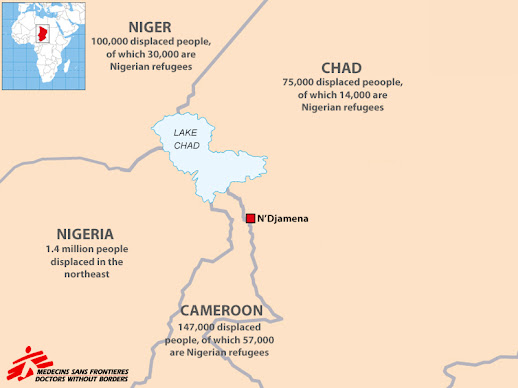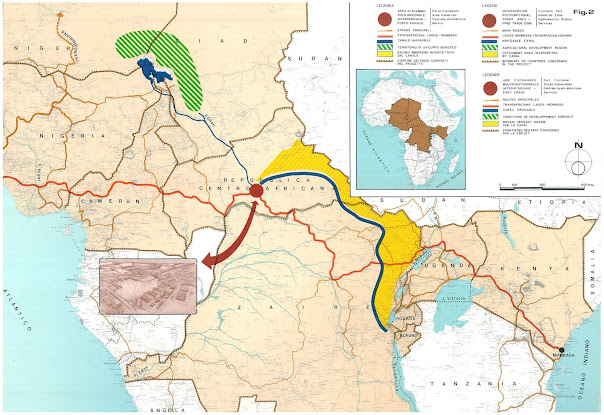Concluding Post

Hi guys! This post will be a final summary on water and political conflicts in Lake Chad. This blog has highlighted the huge importance of the shrinking of the lake in exacerbating socio-political tensions in the region. More broadly, it has helped me recognise the role of hydropolitics in the development of the region. Indeed, it has emphasised the use of water as a war instrument for violence, a political tool for peace and a driver of conflict and of negotiation. Environment Stories Winner on the Lake Chad crisis, photo by World Press Photo Contest in 2019 One thing that surprised me is the multi-scale aspect of water conflicts in the Lake Chad Basin. When I first started working on it, I originally expected intrastate disagreements and negotiations around the regional management of natural resources. Yet, I never thought of farmers-herders disputes for instance. My blog development has been heavily influenced by the work of Dr Uche Okpara, a key sc...




